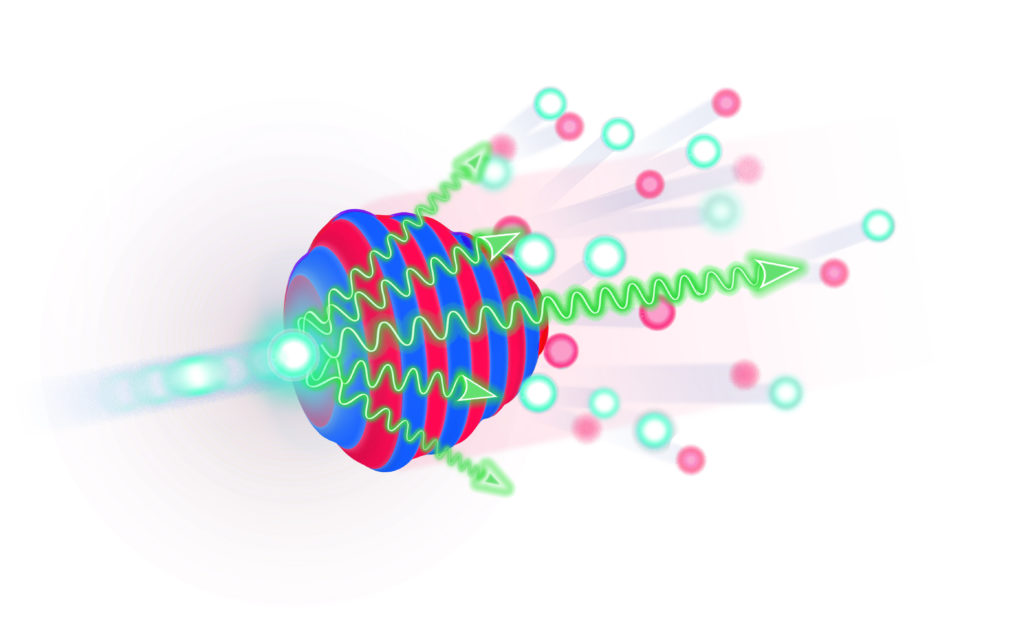
New partnership between U-M/ZEUS and ELI-Beamlines will study antimatter creation with lasers
The National Science Foundation award will support a collaboration between U-M, the ELI Beamlines facility, and Lawrence Berkeley National Laboratory.

The National Science Foundation award will support a collaboration between U-M, the ELI Beamlines facility, and Lawrence Berkeley National Laboratory.
The U-M Department of Nuclear Engineering and Radiological Sciences has received funding to develop theoretical tools for modeling experiments at high-power laser facilities. The research will be conducted through a collaboration between the department, ELI-Beamlines in the Czech Republic, and Lawrence Berkeley National Laboratory.
By modeling the University’s upcoming 3 petawatt ZEUS laser, and similarly powerful lasers at ELI-Beamlines, researchers will develop a roadmap for studying strong field quantum electrodynamics phenomena—like gamma-ray bursts or pulsar magnetospheres—which are not yet fully understood by the scientific community.
Collaborators on the project include Alec Thomas, professor of nuclear engineering and radiological sciences at U-M, Sergei Bulanov and Gabriele Grittani from ELI-Beamlines, and Stepan Bulanov from Lawrence Berkeley National Laboratory.
Thomas and his team will study focusing a laser beam on a single tiny spot to generate an extreme electromagnetic field that will accelerate particles to almost the speed of light and produce a bright radiation source. The gamma-rays within the radiation are capable of spontaneously decaying into matter-antimatter particles—creating matter from light.

Researchers will use these experiments to understand how different types of antimatter can be created, and how even more extreme laser intensities can be studied.
The National Science Foundation and the Czech Science Foundation have partnered to provide funding for this and other projects in the areas of artificial intelligence, nanotechnology, and plasma science. ZEUS construction and operations are funded through awards from the National Science Foundation.